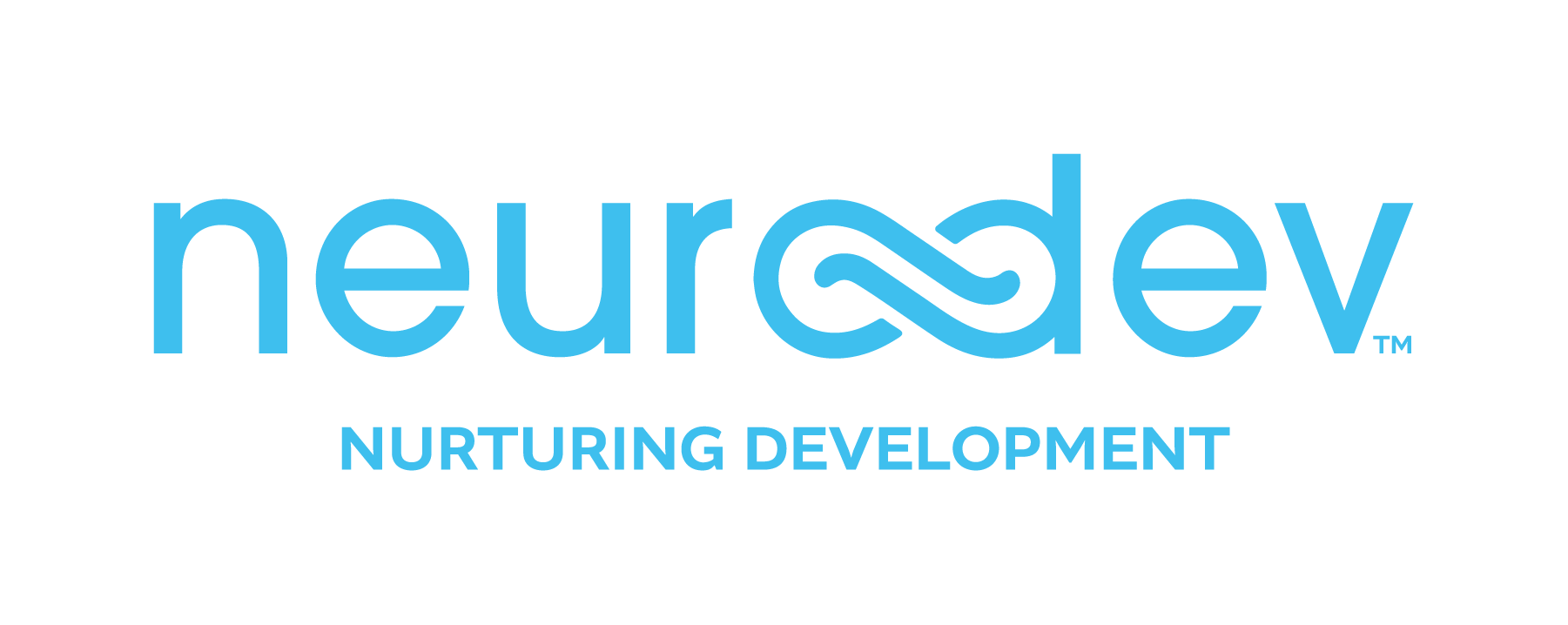5 Signs Your Bright, Neurodivergent Young Adult Needs a Transitional Gap Year
You’ve got a smart kid. Maybe they just got into college. Maybe they’re considering a certification program or heading out on their own.
And maybe you’re thrilled. But also… quietly panicking.
Because even though they’re academically ready, something in your gut says they’re not quite there yet.
When you’re a parent of a neurodivergent young adult (whether they’re autistic, ADHD, twice exceptional, socially anxious, have learning differences, OCD, etc.) this may feel all too familiar.
They’re bright. Capable. Full of potential.
And yet… life skills like organization, self-advocacy, and emotional regulation are missing or behind their peers.
Let’s look at some signs that your young adult might need a little more time and support, and why a transitional, mentored gap year could be exactly what they need.
1. They’re smart, but everyday life is a struggle
Executive functioning is one of the biggest challenges in neurodivergent young adults. They might ace standardized tests, but forget to eat meals, manage their calendar, or melt down over small changes.
They can be accepted to selective colleges but can’t keep track of their own socks. They miss classes because they can’t get out the door in the morning.
Academic readiness is not the issue. It’s developmental gaps that are holding them back.
2. They say they’re excited to go, but are quietly avoiding everything
If your young adult keeps pushing off orientation, packing, or just talking about next steps… there’s probably something more going on.
We often make the mistake of assuming it’s laziness or a lack of motivation, rather than anxiety or overwhelm. We hear “I need just more time” and then they can’t explain what or why.
They need a chance to practice independence in a supported environment, not just leap into the deep end and hope for the best.
3. They’ve spent years feeling like the odd one out
For many neurodivergent young adults, school has been an experience to get through and just survive. A place where they rarely felt a sense of belonging. A place where they needed to mask, hide, and contort themselves in order to fit into social groups and systems that weren’t aligned with their needs.
So when college came, there was this unspoken expectation: “Everything should work. Now you should thrive.”
But if they haven’t built their confidence socially or explored their identity in a safe, affirming space, college can feel just as lonely… if not lonelier.
What they really need is a place where they feel like they fit. A place where they don’t have to mask to be accepted.
4. They struggle to speak up or ask for help
College requires students to advocate for themselves. Even colleges that provide accommodations require students to self-report and proactively seek help. That’s tough for any teen but for a neurodivergent young adult, it can feel impossible. They often have trouble identifying what they need and get overwhelmed just walking into an office.
Self-advocacy isn’t a switch that flips on at age 18.
It’s a skill. And like any skill, it needs to be taught, modeled, and practiced with support.
5. You’re the one holding all the pieces together
If you’re managing their schedule, tracking their assignments, helping them regulate emotions, and worrying about whether they’ll remember to take a shower, it’s because you care and feel like you’ve needed to so they could keep going.
The problem is that you can’t be there with them. College doesn’t magically replace you. If they don’t have the scaffolding in place to do it themselves, the cracks are going to show.
It’s not failure to slow things down.
It’s wisdom.
So what can you do?
If you’ve tried pushing forward, hoping they’d rise to the occasion or paused everything with a standard gap year that didn’t quite help it can feel frustrating. You’re doing your best. And you’re not alone in trying to figure this out.
The families who truly find success are the ones who bravely ask:
What kind of environment would actually help my young adult grow?
Not just academically.
But emotionally. Socially. Practically.
They choose a bridge, not a leap.
Why NeuroDev?
NeuroDev is a transitional gap year experience designed specifically for neurodivergent young adults.
We work with students ages 17–30 who are capable but not quite ready to fly solo.
At NeuroDev, students get:
- Supported housing and community living
- Daily routines and real-world skill-building
- Mentors who show up again and again
- Help with executive functioning, emotional regulation, and life skills
- A chance to try out college or technical classes with the safety net they need
We’re not here to fix anyone. We’re here to help them build confidence, capacity, and connection on a timeline that works for them.
Parents tell us:
“This is what we were missing. It’s what we wish we had known about sooner.”
Your young adult isn’t behind. They’re just on their own timeline.
And that’s okay.
If college feels too soon…
If you’re watching them wobble under the weight of expectations…
If you know they’re capable, but also need more time and support…
We’re here.
A mentored, transitional gap year can make the difference between surviving college and thriving in life.
Visit www.NeuroDevMentoring.com to learn more.
We’d love to meet you and help your young adult build the future they actually want.
Need help figuring out the right next step?
If you’re feeling unsure about how to support your neurodivergent young adult through this transition, you’re not alone.
Join Jason & Debbie Grygla in the NDM Circle Community for live workshops, coaching, and guidance on navigating gap years and beyond.
NDM.Circle.so – First 14 days free.
We’re here to help.
